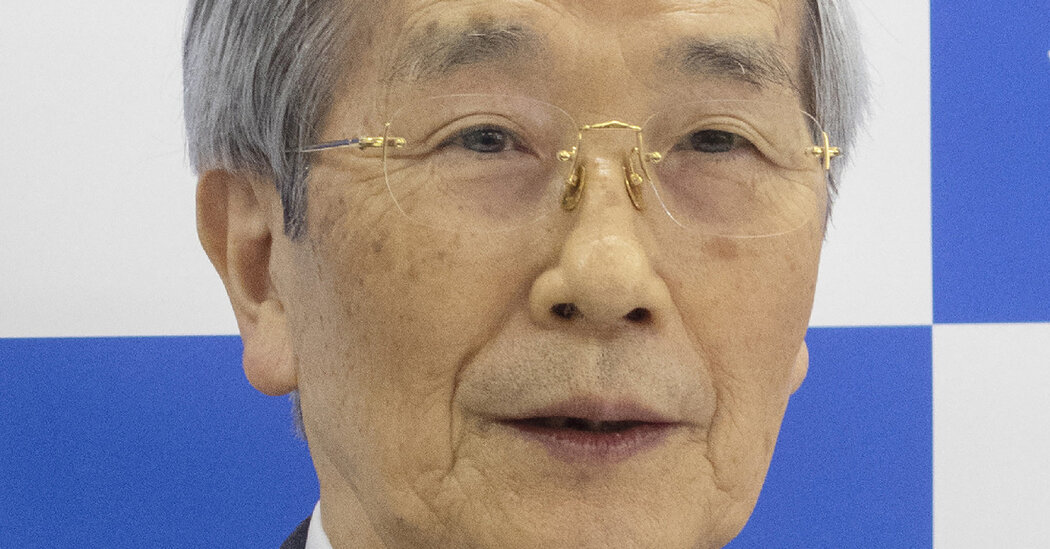
A new research suggests that young people with internet addiction experience changes in brain chemistry leading to more addictive behaviours.
According to The Guardian, the study published in PLOS Mental Health used functional magnetic resonance imaging (fMRI) to examine brain.
The findings revealed increased activity in certain brain regions during rest and decreased connectivity in areas associated with active thinking, affecting memory and decision-making.
This means internet addiction impacts neural networks in the brains of young people, leading to addictive behaviours and behavioural changes linked to mental health, development, intellectual ability and physical coordination.
The researchers reviewed 12 previous studies involving 237 young people (from 10- to 19-year-olds) with a formal diagnosis of internet addiction between 2013 and 2023.
Almost half of British teenagers have said they feel addicted to social media, according to a survey this year.
The study’s lead author and an MSc student at the UCL Great Ormond Street Institute of Child Health (GOS ICH) Max Chang revealed that during adolescence, “the brain is particularly vulnerable to internet addiction-related urges”.
These include “compulsive internet usage, cravings towards usage of the mouse or keyboard and consuming media” because significant changes occur in people’s biology, cognition and personalities in adolescence.
He said that “they may struggle to maintain relationships and social activities, lie about online activity and experience irregular eating and disrupted sleep”.
Chang added that he hoped the findings would allow early signs of internet addiction to be treated effectively through therapy.
He highlighted the importance of parental education on internet addiction as “another possible avenue of prevention from a public health standpoint”.
He said: “Parents who are aware of the early signs and onset of internet addiction will more effectively handle screen time, impulsivity, and minimise the risk factors surrounding internet addiction.”





